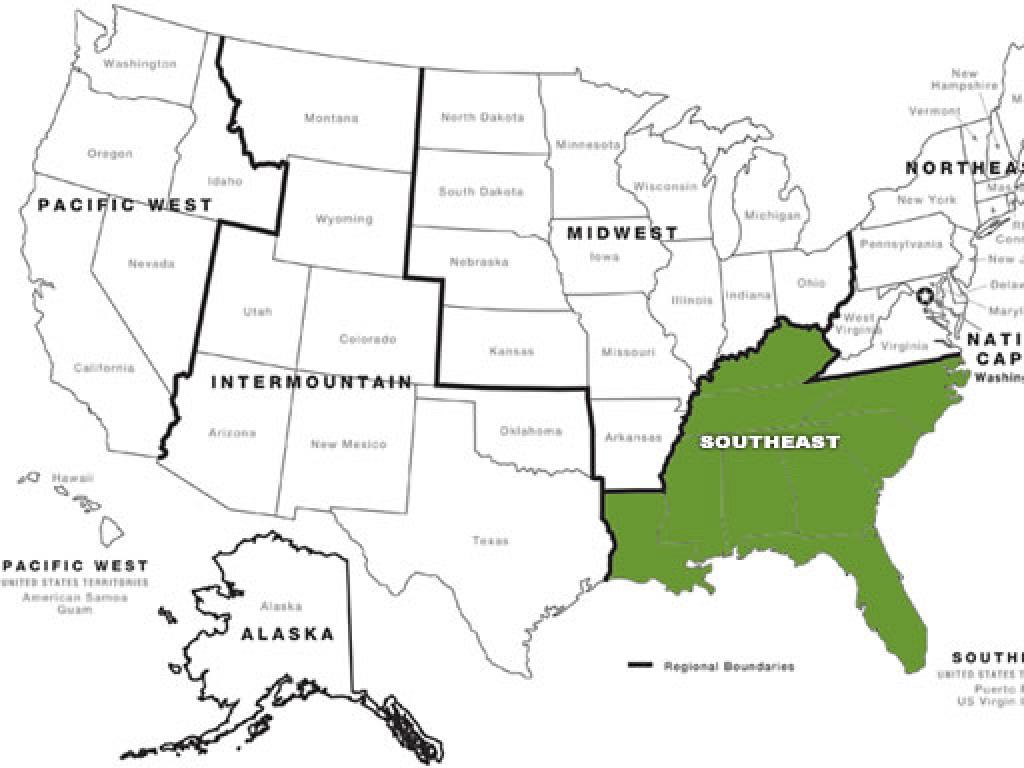Classical Athens: Geography And Society
Subject: Social studies
Grade: Sixth grade
Topic: Greece
Please LOG IN to download the presentation. Access is available to registered users only.
View More Content
Exploring Classical Athens
– Introduction to Classical Athens
– The heart of philosophy, democracy, and arts.
– Geography of Ancient Greece
– Mountainous terrain, surrounded by sea, fostering trade.
– Athens’ role in Greek history
– Leader in politics, education, and culture during its Golden Age.
– Impact on Western civilization
– Athenian democracy, philosophy, and architecture influence us today.
|
This slide introduces students to Classical Athens, a pivotal city-state in ancient Greece. Emphasize Athens as the cradle of Western civilization, where democracy, philosophy, and the arts flourished. Discuss the unique geography of Greece, highlighting how the mountains and seas shaped Greek city-states, especially Athens, fostering a culture of trade and communication. Explain Athens’ significant contributions to politics, education, and culture, particularly during its Golden Age. Highlight how these contributions continue to impact our society today. Encourage students to think about how ancient Athens has influenced modern government, philosophy, and architecture.
Mapping Ancient Greece: Athens
– Locate Athens on ancient Greece map
– Geographical features of Athens
– Surrounded by mountains with a central plain and near the sea
– Geography’s role in Athens’ growth
– Access to sea facilitated trade and naval power
– Impact on culture and society
– Geography shaped democracy, arts, and warfare strategies
|
This slide aims to help students visualize where Athens was located in ancient Greece and understand the significant impact geography had on its development. Start by pointing out Athens on a map, highlighting its strategic position. Discuss how the surrounding mountains, central plains, and proximity to the sea contributed to Athens becoming a powerful city-state. Explain how these geographical features influenced its economic prosperity through trade, military strength through a strong navy, and the development of a society that valued democracy, culture, and the arts. Encourage students to think about how the geography of their own region has influenced its development.
Athenian Society: Structure and Democracy
– Social hierarchy overview
– Athens had a well-defined social structure with citizens at the top, followed by metics and slaves.
– Citizens, metics, and slaves roles
– Citizens participated in governance, metics were resident foreigners with some rights, and slaves had no rights.
– Athenian democracy concept
– Democracy in Athens allowed citizens to vote and be part of decision-making, a novel idea at the time.
– Impact on modern society
|
This slide aims to give students a clear understanding of the social hierarchy in Classical Athens and the roles of different groups within society. Emphasize the distinction between citizens, metics, and slaves, highlighting that only male citizens had full rights and responsibilities. Discuss the groundbreaking concept of democracy in Athens, where citizens could vote and participate in the government, laying the foundation for modern democratic systems. Encourage students to think about how these ancient practices have influenced the way modern societies are structured and governed.
Daily Life in Athens
– Education valued philosophy
– Schools taught logic, ethics, and rhetoric
– Agora: center of trade and economy
– The Agora was a bustling marketplace and social hub
– Religion intertwined with daily life
– Gods and rituals were part of public and private life
– Mythology influenced culture
– Myths explained natural phenomena and taught morals
|
This slide aims to give students a glimpse into the daily life of Athenians, emphasizing the importance of education, trade, religion, and mythology. Education in Athens wasn’t just about learning basic skills but also about understanding philosophy, which was considered crucial for developing critical thinking. The Agora was the heart of Athenian economy and social life, where people traded goods and ideas. Religion was not separate from the state; gods and rituals played a significant role in both public and private spheres. Mythology was a way to make sense of the world and provided a rich tapestry of stories that were integral to the culture. Encourage students to compare and contrast these aspects with their own lives today.
Athenian Achievements in Democracy and Culture
– Birthplace of democracy
– Citizens had a say in government decisions
– Innovations in art and architecture
– The Parthenon: a symbol of artistic achievement
– Advances in science and philosophy
– Thinkers like Socrates and Hippocrates led the way
– Flourishing of the arts
– Drama and sculpture thrived in Athens
|
This slide highlights the significant achievements of Classical Athens, focusing on its political system and cultural advancements. Athenian democracy was a pioneering form of government where citizens participated directly in decision-making. The city’s contributions to art and architecture are exemplified by the Parthenon, an enduring symbol of ancient Greek architecture. In science and philosophy, Athens was home to great thinkers like Socrates, who laid the groundwork for Western philosophy, and Hippocrates, the ‘father of medicine.’ Additionally, Athens was a center for the arts, particularly drama and sculpture, which were integral to Athenian society. Encourage students to explore how these achievements have influenced modern society and to discuss the lasting impact of Athenian culture.
Class Activity: Create Your Own Polis!
– Divide into small groups
– Design your own polis
– Imagine the layout, structures, and features
– Consider geography and society
– Think about location, resources, and social structure
– Present and explain your polis
|
This activity aims to engage students with the concept of a polis and how geography and society influenced its development in Classical Athens. Divide the class into small groups to foster teamwork. Each group will create a polis, which is a city-state that was typical in ancient Greece. They should consider geographical aspects like mountains, seas, and resources, as well as societal structures such as government, citizens, and roles. After the design phase, each group will present their polis to the class, explaining the reasoning behind their choices. This will help students understand the complexities of city-state development and the interplay between geography and societal needs. Possible activities: 1) Drawing their polis on a poster, 2) Writing a short description of daily life, 3) Acting out a scene from their polis, 4) Creating a 3D model with craft materials, 5) Composing a song or chant about their polis.






